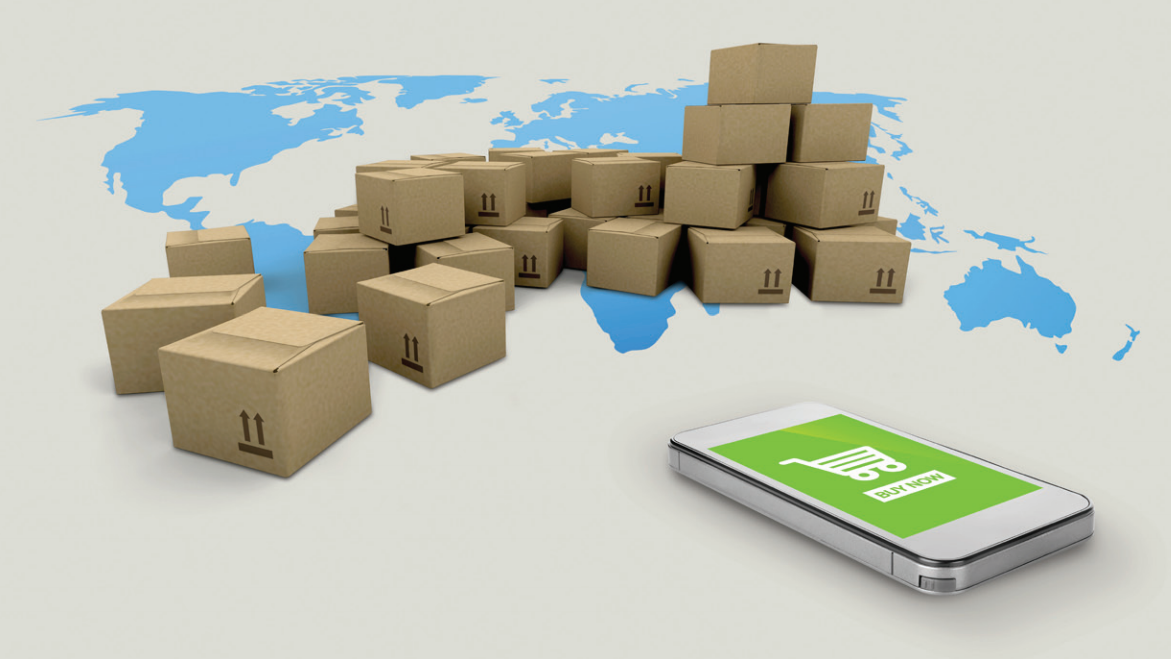Download report
Report Summary
The G20 e-Trade Readiness Index, a new ranking published by The Economist Intelligence Unit and sponsored by eBay, looks at how prepared G20 countries are to capitalise on global e-trade opportunities.
At the top, the index shows Australia’s all-round strength, particularly its affordable Internet access, high smartphone penetration and use of electronic payment methods. Island nations fared well, making up three of the top five spots—as well as Australia, the UK came in fourth and Japan in fifth. These economies have long relied on international trade and look well-positioned to continue this with e-trade opportunities.
The report also warns that customs and regulatory restrictions could hamper SMEs’ ability to grow through e-trade. SMEs tend to ship smaller parcels to a variety of locations and cannot always benefit from shipping in bulk. Customs procedures in some countries can also be more trouble than they are worth for small packages.
"It’s clear that technology alone is not enough to allow e-trade to reach its full potential. Customs regimes across the globe are still aligned with the needs of big businesses and hampering SMEs. E-trade is a ripe opportunity for SMEs to compete with multinationals. They can be a key driver in its growth, but bureaucracy could be their biggest barrier."
-Laurel West, Editorial Director, Economist Intelligence Unit
Research Methodology
The report is based on a quantitative index ranking of countries on the degree to which they encourage—through policy, regulation and infrastructure—cross-border trade using the Internet.
The index comprises more than 40 indicators across five thematic categories: investment climate, Internet environment, international trading environment, regulatory and legal framework, and the environment for e-payments. The categories within the index are weighted according to our assumptions of their relative importance in facilitating cross-border trade using the Internet, especially for small and medium-sized enterprises (SMEs).
The index focuses on the G20, though for the purposes of this research we have excluded the EU as a separate entity in the rankings, hence only 19 countries are ranked.
In addition to analysis of the index findings, this report is based on wide-ranging desk research and interviews with experts on the challenges and opportunities in cross-border online trading.






